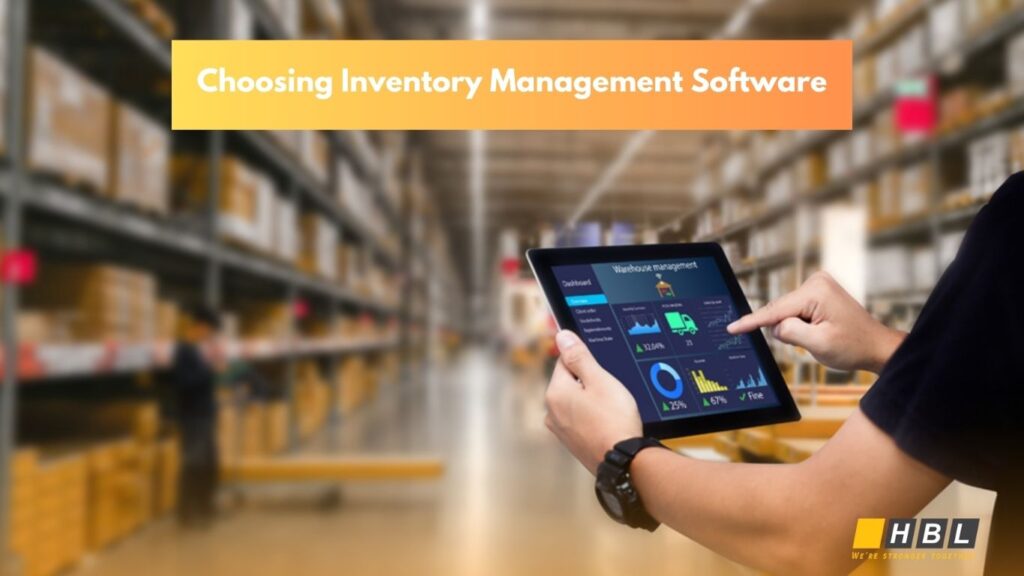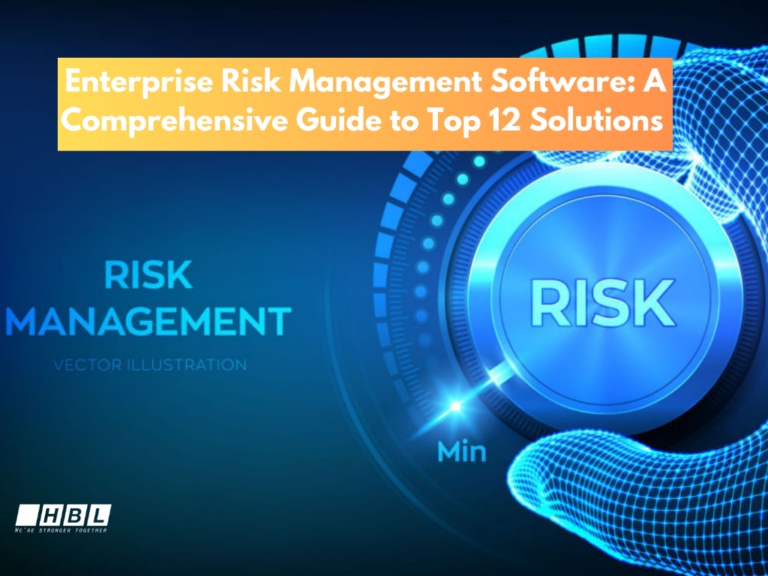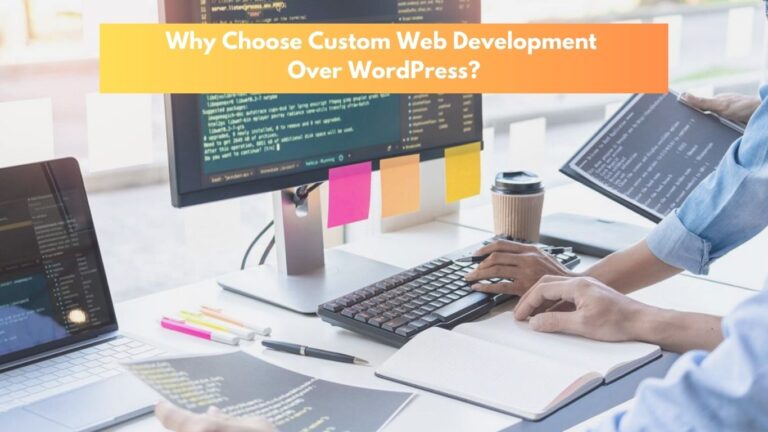In 2026, small businesses are operating in a fast-paced, competitive environment where efficiency, visibility, and adaptability are more important than ever. Manual spreadsheets, outdated processes, and disconnected systems can no longer support growing inventory demands. That’s why investing in the right inventory management software for small business has become essential.
This guide walks you through how small business owners are making informed decisions when choosing inventory software—from identifying pain points to evaluating options and adopting long-term solutions. Whether you’re in retail, e-commerce, or distribution, choosing the right system can save time, reduce errors, and drive growth.
Introduction: Why Inventory Matters More Than Ever
Inventory is the backbone of any product-based business. Managing it effectively impacts cash flow, customer satisfaction, and operational efficiency. But in 2026, businesses are facing new complexities:
- Selling across multiple platforms (e.g., in-store, online, wholesale)
- Increasing customer expectations for real-time availability
- Limited resources and staff capacity
The right small business inventory software offers a way to regain control and automate key inventory workflows—without requiring a full IT department.

Why Small Businesses Are Investing in Inventory Management Software
Small business owners are increasingly turning to inventory control software for small business because it helps solve problems like:
- Overstock and understock: Lost revenue due to inaccurate tracking
- Manual entry errors: Inefficiencies from spreadsheet-based systems
- Lack of visibility: Difficulty knowing what’s in stock, where, and when
- Slow fulfillment: Inability to keep up with multi-channel sales
Modern inventory management software enables businesses to:
- Track stock levels in real time
- Sync sales and inventory across platforms
- Automate reordering and restocking
- Reduce inventory costs and optimize margins
The Modern Buyer Mindset in 2026
In today’s market, small business owners aren’t just looking for a tool—they’re looking for solutions that deliver outcomes. The buying behavior has shifted in three key ways:
1. From Features to Results
Decision-makers now prioritize what the software solves, not how many features it has.
2. From DIY to Supported Solutions
Many small businesses lack the in-house technical skills to configure software themselves. They prefer vendors that offer onboarding, support, and customization.
3. From Cost-Only Decisions to Long-Term Value
While pricing still matters, buyers are increasingly focusing on ROI—how quickly the software can pay for itself in time and savings.

What Small Businesses Look for in Inventory Software
When evaluating retail inventory management software for small business, these are the top decision factors:
- Ease of Use: Software should be intuitive, user-friendly, and require minimal training.
- Cloud-Based & Mobile Access: Teams need to monitor inventory from anywhere—on desktop or mobile.
- Real-Time Tracking: Live updates on stock movement, reorders, and low inventory alerts are essential.
- Integration: The system must integrate with POS systems, accounting software, and e-commerce platforms like Shopify, WooCommerce, or Amazon.
- Scalable Pricing: Affordable plans that grow with the business—without paying for unnecessary features upfront.
- Strong Support & Documentation: Reliable customer support, training resources, and help with onboarding are non-negotiable for time-strapped teams.

Common Pain Points in the Selection Process
Despite the benefits, many small businesses struggle to choose the right inventory management software due to:
- Too many choices: The market is saturated with tools, making it hard to compare
- Overcomplicated solutions: Some tools are built for enterprises, not SMEs
- Unclear setup process: Fear of data migration, system downtime, or integration issues
- Hidden costs: Confusing pricing models or add-ons that increase the total cost of ownership
These issues explain why more companies are choosing full-service partners or outsourcing implementation to reduce friction.
Top Inventory Management Software for Small Business in 2026
Here are a few widely used platforms that small businesses around the world are choosing in 2026:
1. Zoho Inventory
A cloud-based platform ideal for multi-channel sellers. Zoho Inventory supports order management, barcode scanning, shipping integration, and stock control. It integrates well with Zoho’s full business suite, including CRM and accounting tools—making it a great choice for companies already in the Zoho ecosystem.
2. inFlow Inventory
Highly rated for its intuitive design and feature-rich interface. inFlow is perfect for wholesalers, manufacturers, and B2B sellers. It includes tools like BOM (bill of materials), barcode support, reorder points, and mobile apps. Cloud and on-premise options are both available.
3. QuickBooks Commerce (formerly TradeGecko)
Best suited for small businesses that already use QuickBooks for accounting. It allows users to manage orders, inventory, customers, and suppliers in one place. Great for eCommerce businesses with integrations to Amazon, Shopify, and WooCommerce.
4. Square for Retail
Designed for brick-and-mortar retail shops, Square combines POS and inventory into a single easy-to-use solution. Features include automatic stock adjustments, barcode printing, vendor management, and sales reporting. Works seamlessly with other Square tools like payroll and payments.
5. Cin7 Core (formerly DEAR Systems)
A more advanced system for growing businesses with complex needs. It includes inventory, purchasing, production, warehousing, and B2B portals. Integrates with Xero, QuickBooks, Shopify, and more. Offers powerful reporting and automation for scaling operations.
Each of these tools has its own strengths, but ultimately, the success of your implementation depends on selecting the right system and the right support to tailor it to your operations.
Why HBLAB Is the Right Technology Partner for Small Business Inventory Solutions
At HBLAB, we understand that most small businesses don’t have time to evaluate dozens of software options, navigate integrations, or worry about setup. That’s why we provide end-to-end outsourcing solutions tailored to help you implement inventory systems with speed, accuracy, and confidence.
🔧 What We Offer:
- Inventory Consulting & Tool Selection
We help you evaluate your current workflows, business model, and channels, then match you with the best inventory management software for small business. - System Implementation & Integration
We take care of everything: account setup, product import, system customization, and integration with POS, accounting, CRM, or e-commerce platforms. - Data Migration & Quality Assurance
Whether you’re migrating from Excel, legacy tools, or paper-based tracking, we ensure clean, complete, and verified data transfer into your new system. - Training & Ongoing Support
We don’t just walk away after setup. HBLAB offers training for your staff, maintenance services, troubleshooting, and helpdesk support so you can stay focused on growing your business. - Localization for Southeast Asia & Global Scalability
Need multi-currency support, tax compliance, or multilingual interfaces? We localize solutions to fit your market—and scale them as your business grows.

💡 Bonus: Our tech team can also build custom dashboards, inventory forecasting tools, and automation scripts on top of your software—so your system works exactly the way you need it to.
Conclusion: Choose Smart, Execute Smarter
Choosing the right inventory management software for small business in 2026 is only half the journey. The other half lies in execution—getting the right support to implement, customize, and scale the system properly.
If you want to avoid costly mistakes, shorten deployment time, and see faster ROI, don’t just choose a tool—choose a partner that helps you unlock its full potential.
Ready to Streamline Your Inventory with Confidence?
Whether you’re just starting to explore options or need help fixing an underperforming system, HBLAB is here to help.We’ll help you build the inventory foundation that supports your business in 2026 and beyond.
See more:
Top Technology Companies in Singapore: A Thriving Hub for Innovation
Offshore Development Contracts: Types, Processes and Key Points




